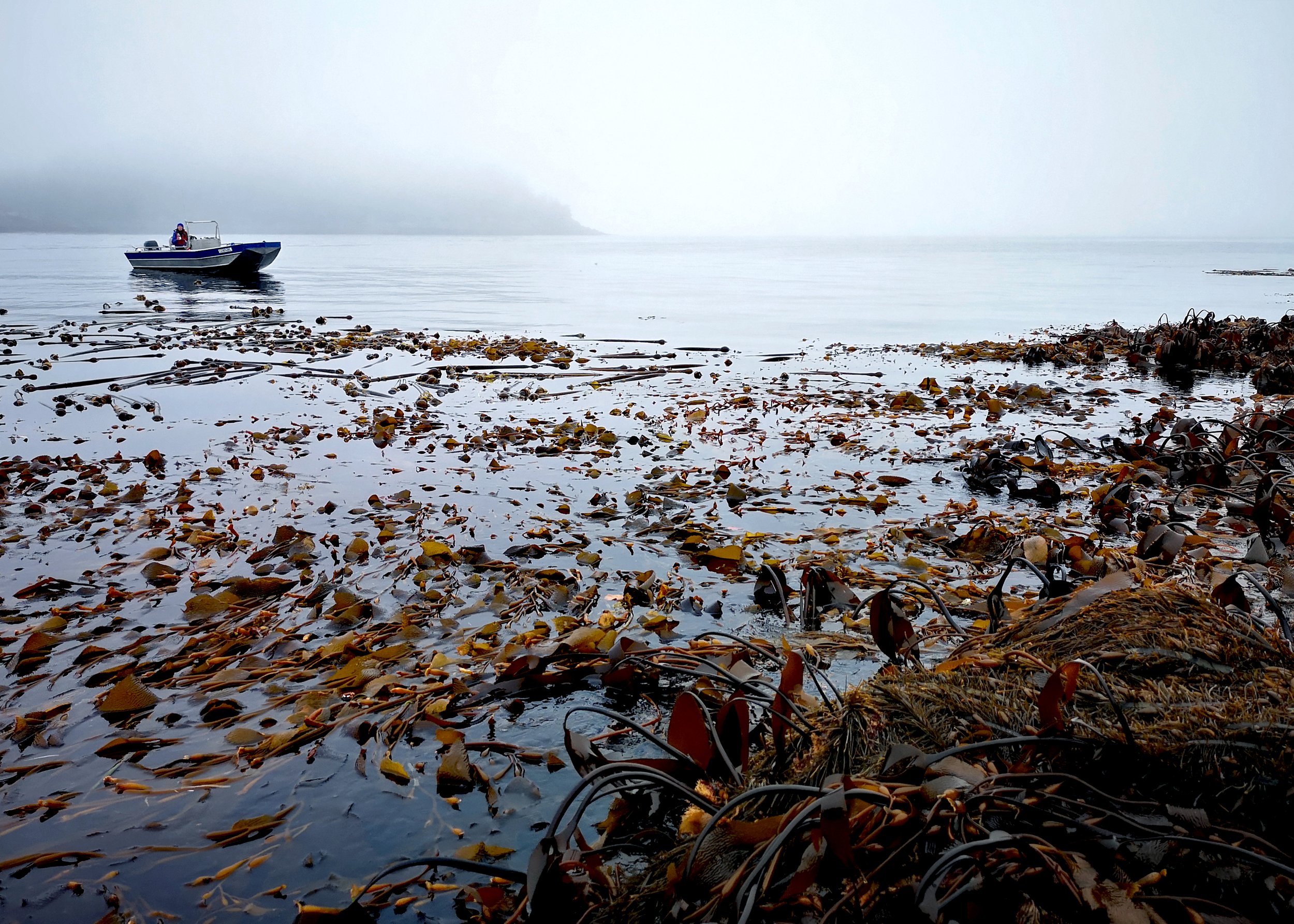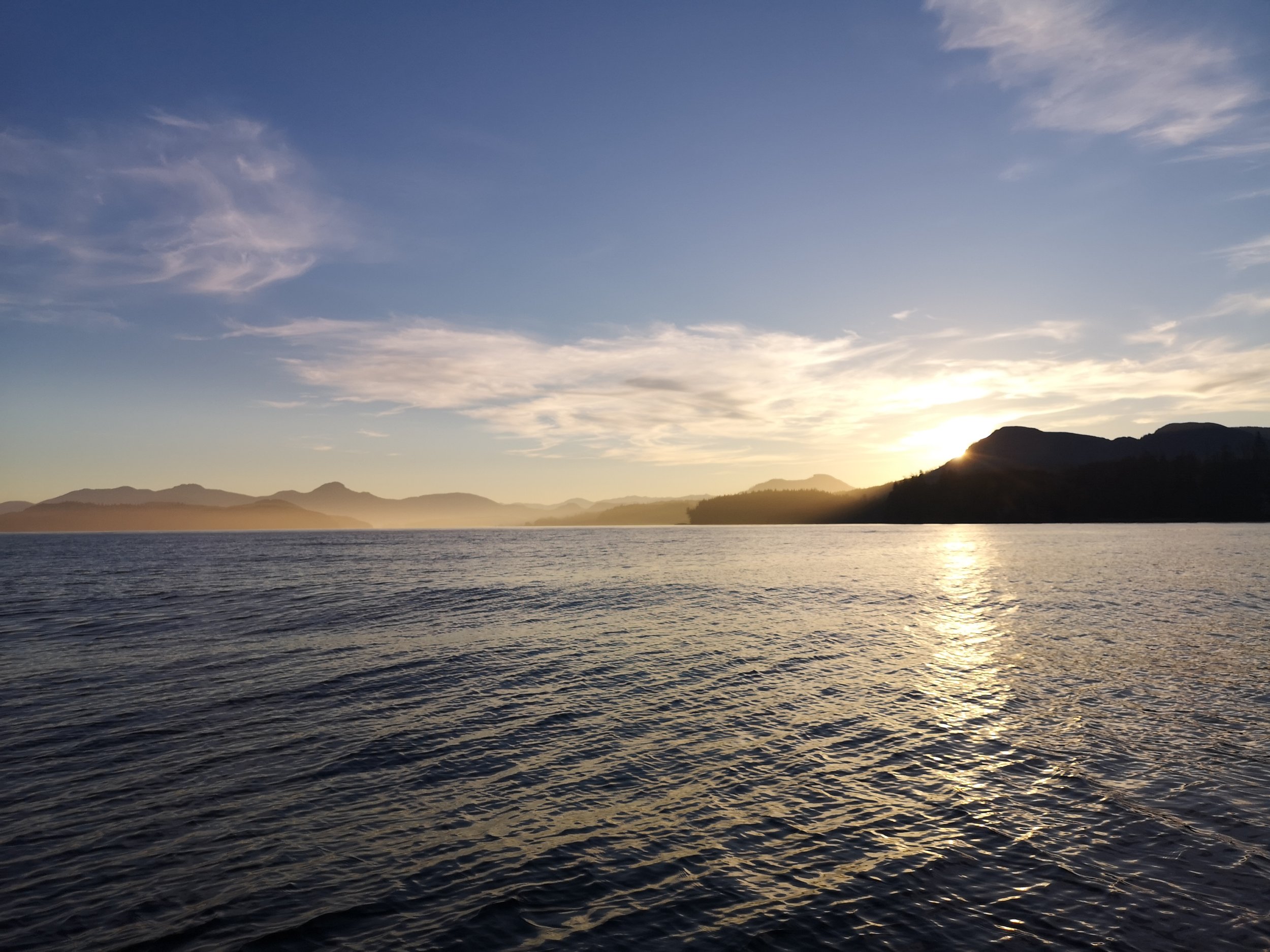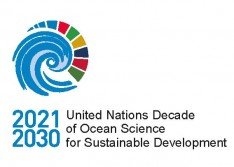
A NSERC Alliance research program and United Nations Decade of Ocean Science for Sustainable Development endorsed action under the GO-BC programme
Led by Julia K. Baum
Evaluating the Current and Future Capacity for Natural Climate Solutions in Canada's Oceans and their Co-benefits
Climate change is rapidly altering the planet. Solutions are urgently required to reduce greenhouse gas emissions (GHG) and limit further warming. Meeting Canada’s commitments under the Paris Agreement requires an accounting of all mitigation options, including natural climate solutions.
Coastal ecosystems, including salt marshes, seagrass meadows, kelp forests, and marine soft sediments are increasingly recognized as marine carbon reservoirs, known as blue carbon. Yet, despite having the world's longest coastline, Canada has yet to account for ocean carbon sinks in its GHG inventories.
Our research is producing the critically-needed nationwide assessment of the capacity for Canada's oceans to serve as natural climate solutions, now and in the future. Additionally, in phase 2, we will assess the value and priorities for nature-based solutions in Canadian blue carbon ecosystems.
This project is endorsed by the Intergovernmental Oceanographic Commission (IOC) of UNESCO as part of the UN Decade of Ocean Science for Sustainable Development 2021-2030 under the GO-BC programme.
$3.59 Million over 2022-2028
8 Universities
25+ Collaborators
UN Ocean Decade Endorsed through GO-BC
8 Partner Organizations

Research Themes
Model
Model current and future distributions of Canada’s blue carbon ecosystems (tidal marshes, eelgrass meadows, kelp forests) and estimate their mitigation capacity.
Assess
Assess the biodiversity, ecosystem services, and economic value of Canada’s blue carbon ecosystems.
Protect
Use decision-science tools to produce national prioritizations of nature-based solutions for Canada’s blue carbon ecosystems.
Video/Photo credits: Kelp video (Chris Neufeld), Marsh and underwater kelp video (Brian Timmer), Marsh (UBC Micrometerology Lab), coastline (Kevin Bruce), eelgrass (Allison Schimdt), Kelp (Fernando Lessa), Marsh (UBC Micrometerology Lab)




